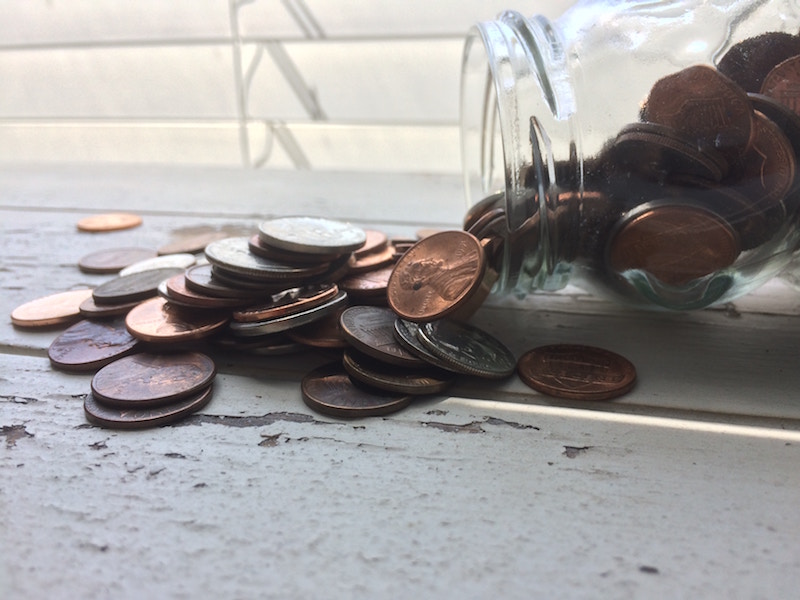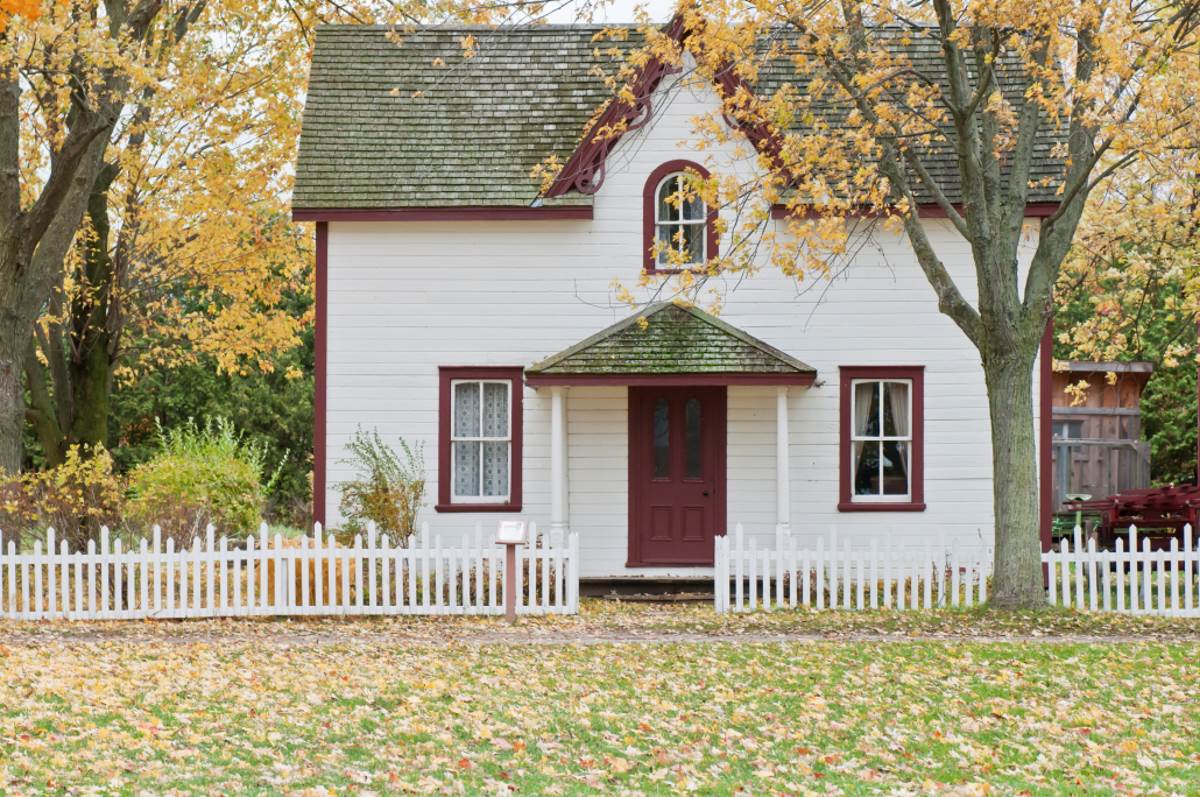Verifying Your Down Payment When Purchasing
Saving for a down payment is one of the biggest challenges facing people wanting to buy their first home. Verifying the down payment when purchasing a home via supporting documentation is required by alllenders. Doing so also protects against fraud and confirms that you are not borrowing your down payment, which could changes debt servicing ratios and your overall mortgage approval.
DOCUMENTATION REQUIRED BY THE LENDER TO VERIFY YOUR DOWN PAYMENT
There are STRICT Federal Government (AML) Anti-Money Laundering requirements and this also protects the lender against fraud.
1. Personal Savings/Investments: Your lender needs to see a minimum of 3 months’ history of where the money for your down payment is coming from including your: savings, Tax Free Savings Account (TFSA) or investment money.
Regularly deposit all your cash in the bank, don’t squirrel your money away at home. Lenders cannot verify the $10,000 cash that has been sitting under your mattress. Your bank statements will must be clear to show your name and your account number.
Any large deposits outside of “normal” will need to be explained (i.e. tax return, bonus from work, sale of a large ticket item). If you have transferred money from once account to another you will need to show a record of the money leaving one account and arriving in the other. Lenders want to see a paper trail of where your down payment is coming from and how it got into your account.
2. Gifted Down Payment: In some expensive real estate markets like Metro Vancouver & Toronto, the bank of Mom & Dad help 20% of first time home buyers. You can use these gifted funds for your down payment if you have a signed gift letter from your family member that states the down payment is a true gift and no repayment is required. The Gift Letter is a key piece in verifying your down payment when purchasing your home.
Gifted down payments are only acceptable from immediate family members: parents, grandparents & siblings.
We will need to show the gifted funds have been deposited in your account 15 days prior to closing. The lender may want to see a transaction record. i.e. $30,000 from Bank of Mom & Dad’s account transferred to yours and a record of the $30,000 landing in your account. We will provide the applicable Gift Letter template for your use at application time.
3. Using your RRSP: If you’re a First Time Home Buyer, you may qualify to use up to $35,000 from your Registered Retirement Savings Plan (RRSP) for your down payment.
Home Buyers Plan (HBP): Qualifying home buyers can withdraw up to $35,000 from their RRSPs to assist with the purchase of a home. The funds are not required to be used only for the down payment. These funds can be used for other purposes to assist in the purchase of a home.
If you buy a qualifying home together with your spouse or other individuals, each of you can withdraw up to $35,000.
You must repay all withdrawals to your RRSP’s 15 years. Generally, you will have to repay an amount to your RRSP each year until you have repaid the entire amount you withdrew. If you do not repay the amount due for a year (i.e. $35,000/15 years = $2,333.33 per year), it will be added to your income for that year.
Verifying your down payment from your RRSP, you will need to prove the funds show a 3-month RRSP history via your account statements which need to include your name and account number. Funds must be sitting in your account for 90 days to use them for HBP.
4. Proceeds from Selling Your Existing Home: If your down payment is coming from the proceeds of selling your currently home, then you will need to show your lender an accepted offer of Purchase and Sale (with all subjects removed) between you and the buyer of your current home.
If you have an existing mortgage on your current home, you will need to provide an up-to-date mortgage statement. This will also count towards verifying your down payment when purchasing the next home.
5. Money from Outside Canada: Using funds from outside of Canada is acceptable, but you need to have the money on deposit in a Canadian financial institution at least 30 days before your closing date. Most lenders will also want to see that you have enough funds to cover Property Transfer Tax (in BC) PLUS 1.5% of the purchase price available in your account to cover your closing costs (i.e. legal fees & taxes, etc.).
Property Transfer Tax (PTT) All buyers pay Property Transfer Tax (except first-time buyers purchasing under $500,000 and New Builds under $750,000). This is a cash expense, in addition to your down payment. The Property Transfer Tax (PTT) cannot be financed into the mortgage. Being prepared with the right documentation for your down payment and closing costs can make the process much easier. Courtesy of K.Hudson @DLC











